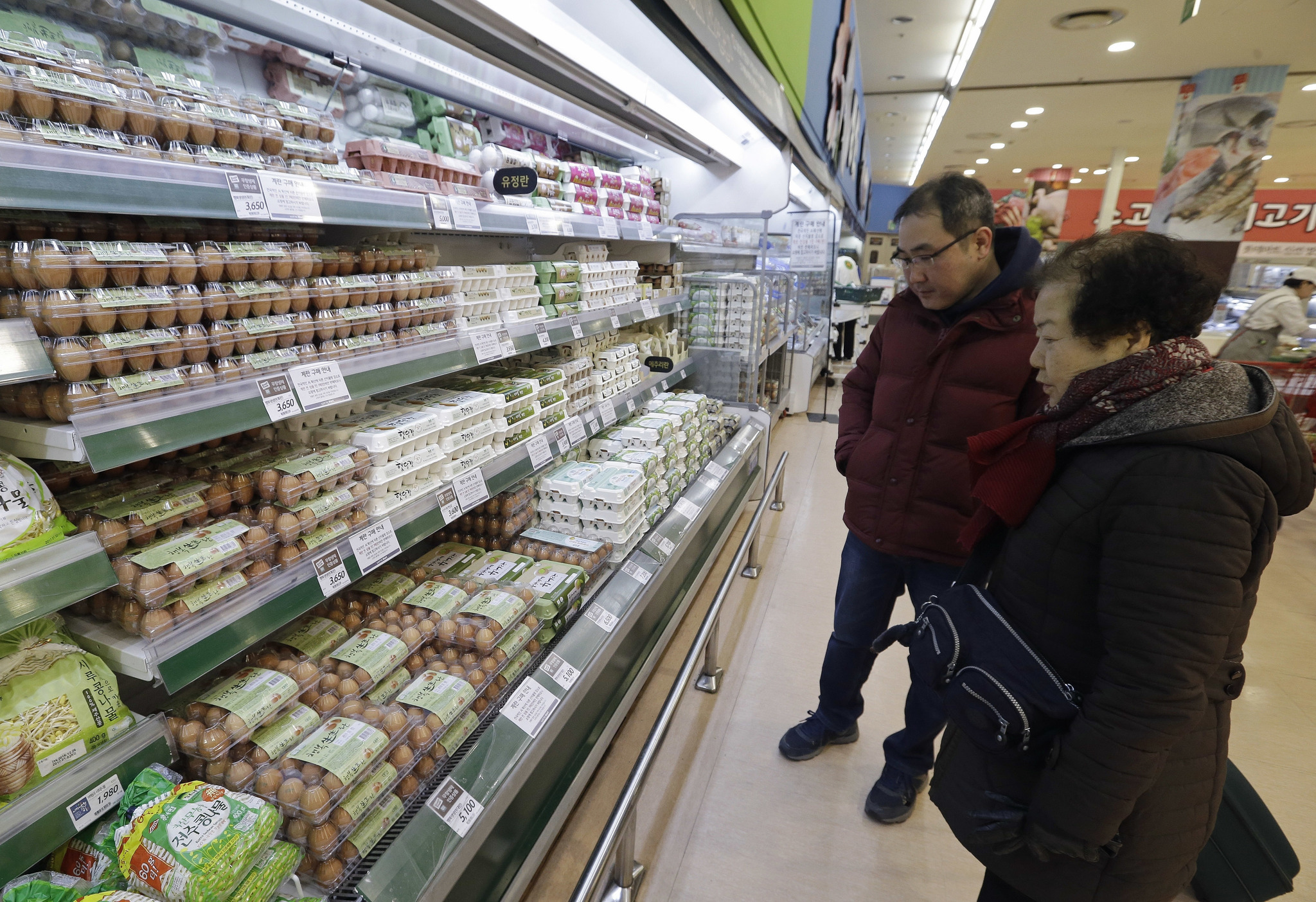Once again, I find myself awkwardly stalled in the dairy aisle staring at the egg carton displays: “Cage Free,” Organic,” “Free Range,” Certified Humane.” The selection is overwhelming.
As always, there are customers who sweep past me, grabbing a carton and hurrying along. But there always seem to be one or two others who, like me, take pause. Together, we laugh about our shared state of bewilderment and admiration for society’s new food vocabulary and the seemingly endless ethical food choices we are asked to make.
Of course, these choices aren’t limited to the grocery store. Upscale restaurants have turned their menus into novellas. Dinner is no longer simply a matter of choosing between the chicken and the fish, but is now an ethical choice. Fast-food chains have jumped on board as well: Starbucks, Chipotle and even McDonald’s use their environmentally conscience food choices as a marketing pitch — appealing to socially responsible adults the way Happy Meal prizes appeal to their kids.
The overarching message from today’s nouveau food movements seems to be: eat what’s good for you and good for the earth. But, how “new” is this message, really? Is it innovative, modern and edgy? Or, is it simply reverting back to the basics — to the concepts of environmental stewardship and ethical eating that has always been prevalent in our Jewish tradition?
Jewish people will soon celebrate the holiday of Tu BiSh’vat (Feb. 10-11). What began as a minor agriculture holiday to honor the beginning of the spring planting season has today grown into a Jewish Earth Day: we give thanks for the beauty of creation and acknowledge our responsibility to care for the earth. As it states in Ecclesiastes 1:4, “One generation goes, another comes, but the earth remains the same forever.”
Tu BiSh’vat also reminds us to honor the change of seasons. During the Tu BiSh’vat seder, we acknowledge (and often consume) the seven species, or classic foods associated with the land of Israel, “a land of wheat and barley, of vines, figs and pomegranates, a land of olive trees and honey” (Deuteronomy 8:8). We do this to educate and reflect on our relationship with nature. But this celebration is also a call to action, asking us to examine our ecological footprint and make positive changes.
The lessons of Tu BiSh’vat are the same lessons at the core of the “new” food movement. Ethical eating has become main stream. From The New York Times best seller list to the White House garden, from Michelin-star restaurants to fast-food chains and from the Today Show to our synagogues. We are being challenged by society and our Jewish traditions to deepen our sense of personal responsibility, make ethical food choices and to leave a healthy, sustainable planet for the next generation.
The holiday Tu BiSh’vat provides us lessons to learn and live by for protecting the Earth. But the question remains, how do we transform the lesson of Tu BiSh’vat — our responsibility to care for the earth and honor the foods of the season — into something that is relevant to us at each meal with which we are blessed?
Here are three easy ways to take action:
1. Educate yourself: Learn about the issues. Don’t know where to start? Try Michael Pollan’s Omnivore’s Dilemma, the Grist Favorite Food Books of 2010 or Hazon’s The Jew and the Carrot blog.
2. Make the commitment. Take action, one step at a time. Try making more environmentally conscience food choices when grocery shopping.
3. Involve your family, friends and faith group: Start small, and work locally.
As we celebrate the new year of the trees and the new secular calendar year, we invite everyone to take an active role in this new/old food movement by making conscience, ethical food choices as a way of honoring our faith, bodies and the earth.
• Naomi Abelson is a social action specialist for the Union for Reform Judaism. “Living & Growing” is a reoccuring column written by different authors and submitted by local clergy and spiritual leaders. This column was submitted by the Congregation Sukkat Shalom.

